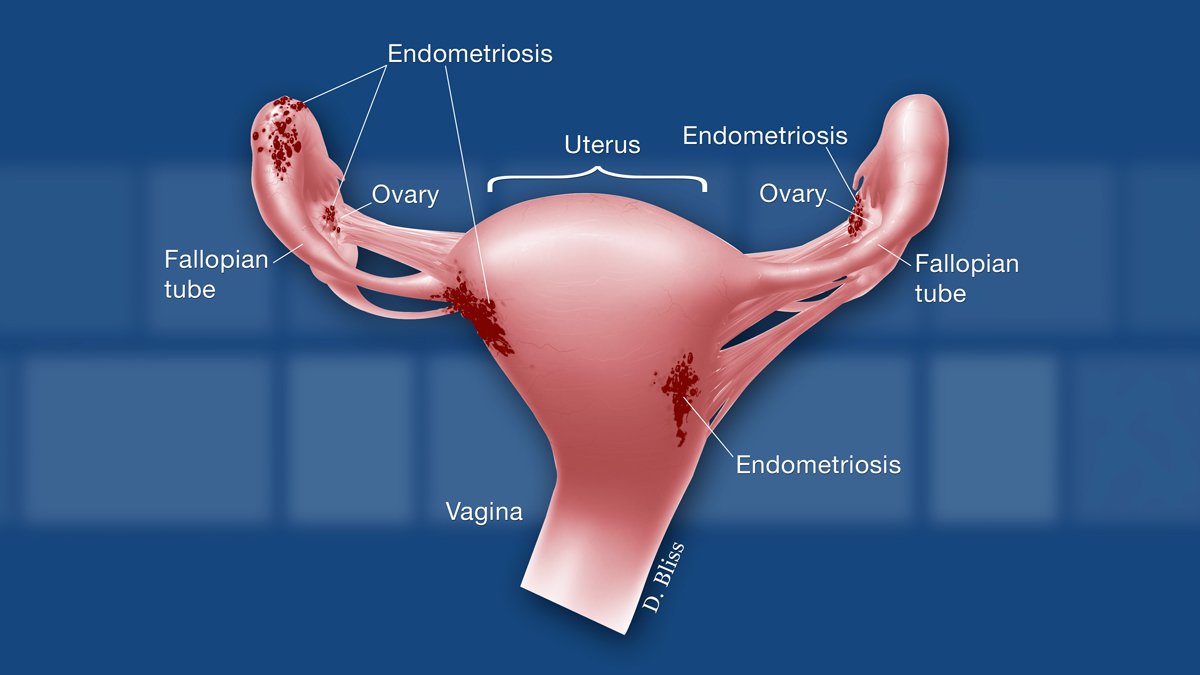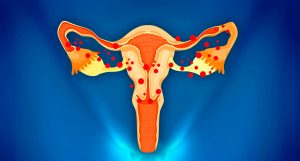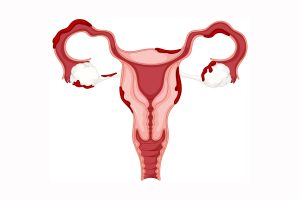How to improve sleep with menopause

The average age of menopause is 45-50 years. During this period, when the hormonal activity of the ovaries decreases, approximately every second woman experiences insomnia. As a result of sleep disorders, problems arise at work and in the family, constant fatigue is felt and interest in life disappears. But insomnia during the period of age-related changes can be effectively dealt with.
Insomnia reasons
With age, the cycle of sleep and wakefulness undergoes significant changes, which are associated with physiological changes in organs and tissues that are observed during aging of the body. In women, the trigger in this process is the gradual extinction of ovarian function, and then its complete cessation, i.e. the onset of menopause. The insomnia that develops during this period is largely due to a change in hormonal status, and the greatest role in this process is played by 2 hormones – melatonin and estrogen.
With the onset of menopause, the secretion of melatonin, the main regulator of circadian rhythms, decreases in the brain. The lower the secretion of this hormone, the more severe the climacteric syndrome is.
Female sex hormones, primarily estrogens, also affect sleep. The mechanism of influence is quite complex and multifaceted. Estrogens:
lengthen the phase of REM sleep and facilitate falling asleep;
reduce the total number of spontaneous awakenings at night;
increase the overall duration of sleep.
A decrease in estrogen production during menopause – causes various sleep disorders.
How to overcome insomnia
To feel cheerful and active, somnologists recommend sleeping at least 8 hours a day. To achieve this goal, start with simple yet powerful steps.
1) Teach the body to sleep properly.
Try to go to bed in the evening and wake up at the same time in the morning. So you will teach the body to properly tune in to the work and relaxation rhythms. Also note that the bedroom is dark. It is in the dark that melatonin is synthesized. So draw your curtains to block out street light and turn off your floor lamp to block out room light. Stop looking at gadgets before bed. The bright light of their screens excites the nervous system, so instead read a couple of pages of an interesting book.
2) Support your body.
In the climacteric period, to normalize sleep, the body needs increased help. First of all, it is aimed at correcting hormonal imbalances. The unique Italian formula Flavia Night will help to cope with age-related insomnia in women. The product contains 2 components that are important for normalizing sleep:
melatonin https://en.wikipedia.org/wiki/Melatonin – directly responsible for the quality and nature of sleep;
genistein (soy isoflavone) – a plant analogue of estrogens, softens the manifestations of menopause.
Other components enhance the positive effect of melatonin and genistein:
magnesium – helps to improve the functioning of the nervous system, has a calming effect;
alpha-linolenic acid – enhances antioxidant protection;
B vitamins – improve the metabolism of nervous tissue;
vitamin D and calcium – strengthen the female body and help normalize the electrical potential of cells, reducing the excitability of their membranes.
3) Go in for sports.
In the early stages, it is better to give preference to light cardio loads – active walking (for example, Scandinavian), yoga, jogging, swimming and others. In the process of exercising, the body is saturated with oxygen, which will contribute to the correct course of biochemical reactions in each cell, including neurons.
4) Eat right.
Don’t overeat before bed. Dinner should be light and high in protein and fiber. Therefore, a chicken breast or a slice of fish with a vegetable salad will be the perfect solution. In addition, in the evening it is better to do without coffee, tea, chocolate and cheese, because these substances contain active stimulants of the nervous system.


